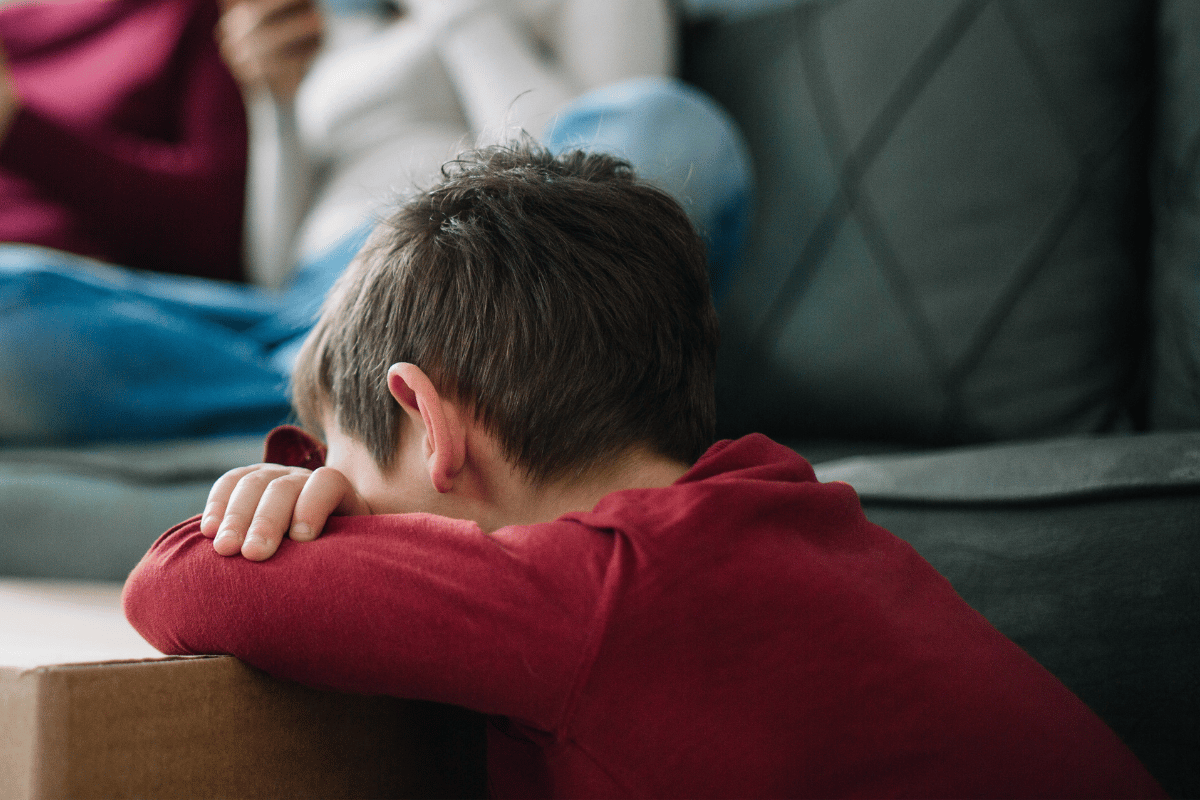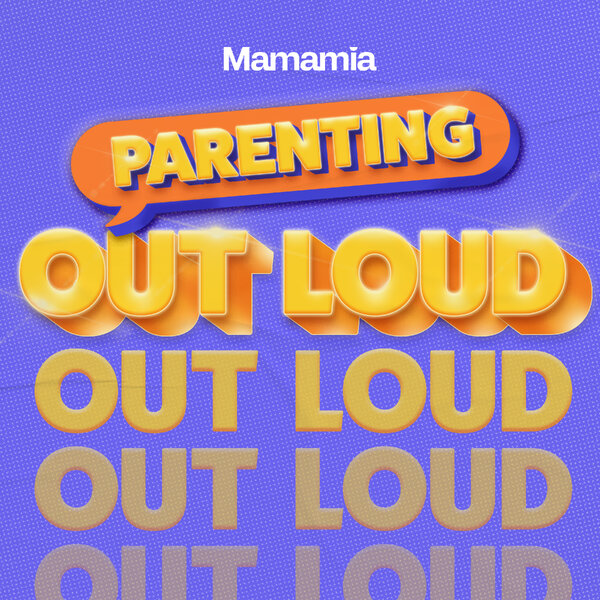
When we talk about the impact of narcissists in a relationship, it’s usually in a romantic context.
But what about the impact a narcissistic parent has on their children and how they raise them?
Someone with narcissistic personality disorder tends to have an excessive interest in themselves and believe others are inferior to them. No narcissist is completely alike, but they usually lack empathy, compassion and the ability to recognise the faults in their behaviour.
So now how does this apply when narcissists are raising children?
Unsurprisingly, the impact it can have on children is profound, says clinical psychologist Simon Wegman, founder of Deep Well Psychology.
Watch: Some signs that you were raised by a narcissistic parent. Post continues below.
Often, the behaviour of narcissists makes little sense as their main motive is to control and monopolise — even in the most vulnerable relationships.
"Their whole way of interpreting reality is often skewed, and it has very little to do with actual reality," Wegman tells Mamamia. "It's all about constructing the narrative. The scary part is they're often unaware of it. They have this genuine belief that they are right and that other people are wrong."


Top Comments